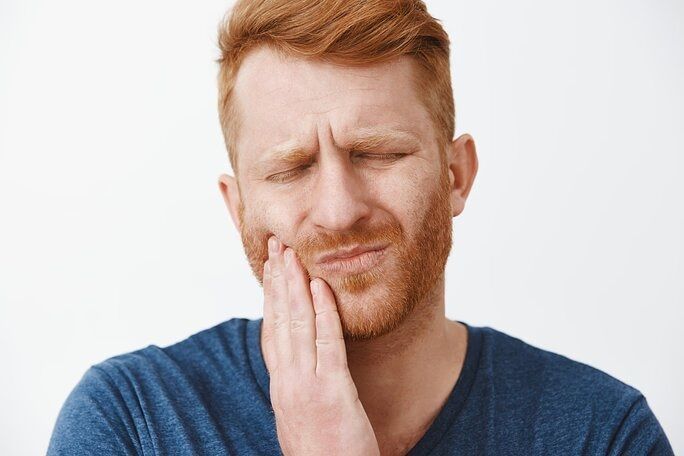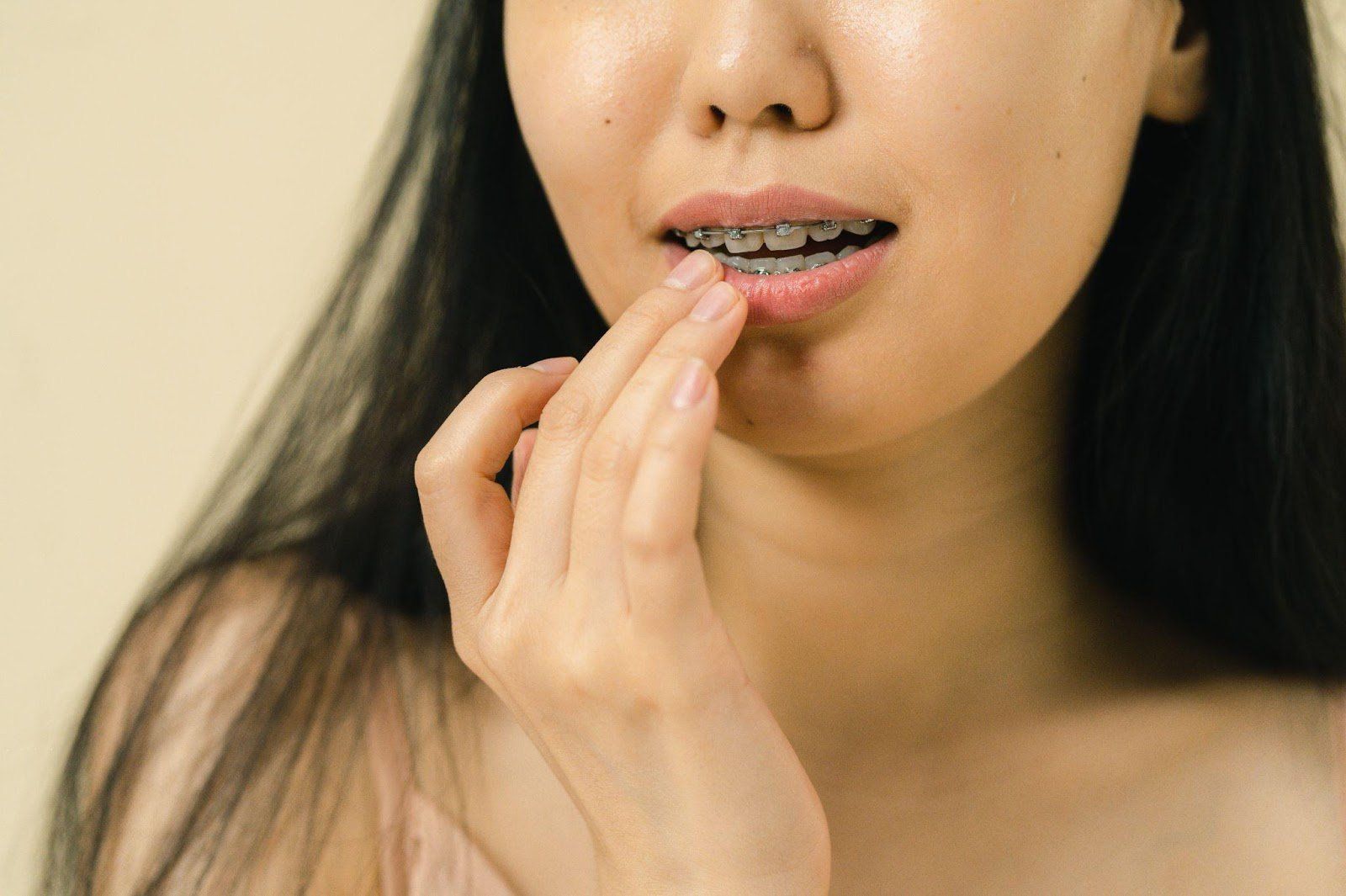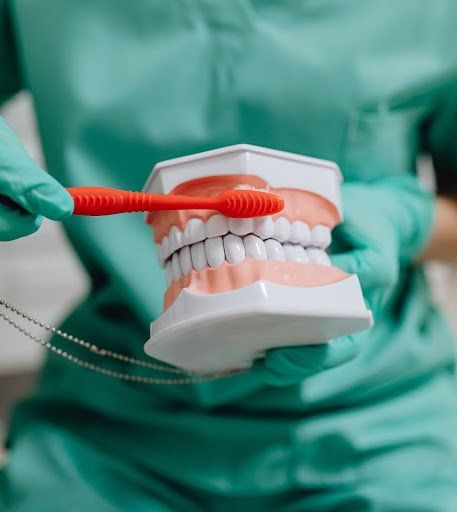Which Is Better- Professional Teeth Whitening or Over-The-Counter Kits?
- by Milena Marguenski
- •
- 18 Jun, 2022
- •

With the procedures’ popularity, several pharmaceutical companies launched their over-the-counter teeth whitening kits. This made the procedure more accessible and cheaper as compared to a professional session.
But which one is better? Let’s understand both the procedures first.
Professional Teeth Whitening Process
In a professional teeth whitening procedure, the dentists use a solution with a higher percentage of chemicals. This is possible as they have the means to isolate the teeth from gums & avoid any solution contact.
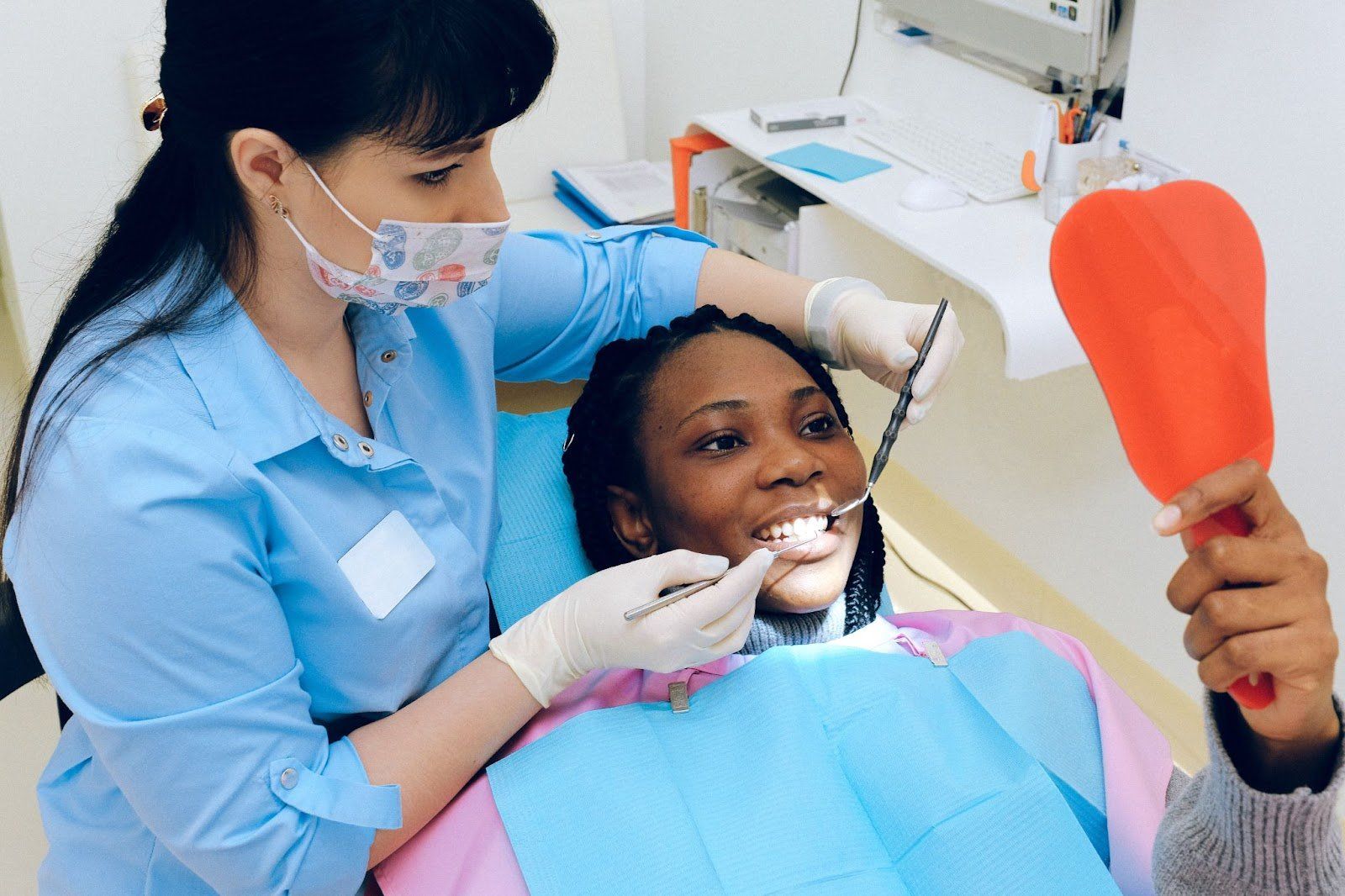
The procedure ensures accuracy and a promising end result.
Over-The-Counter Kits
These kits are also available at your dentist's clinic where they make a custom tray for your teeth. These tray’s have carbamide peroxide gel in them which helps in the process of teeth whitening.
Difference Between The Procedures
- Chemical content is higher in the solution
- Treatment is done with carbamide and hydrogen peroxide
- Process takes one or two visits to the dentist
- Expensive treatment but offers longer lasting results
- Chemical content is lower in the solution
- Contains more amount of carbamide peroxide gel
- Home kits take weeks before you can see results
- Cheaper alternative to a professional cleaning with temporary results
Conclusion
A professional procedure guarantees you great results post procedure in less than an hour. You also have the added advantage of going through a complete dental checkup as you’ll be at the dentist.
A home kit will take a few weeks before you can see the final results. Further, a professional procedure ensures proper hygiene and safety, which a home kit might lack. You can also save the money you spend on kits for a proper procedure.
At Park Dental Care, we offer all types of dentistry services from teeth whitening to smile correction to dental implants. Consult with our experts for the best solution and get your shining smile back.

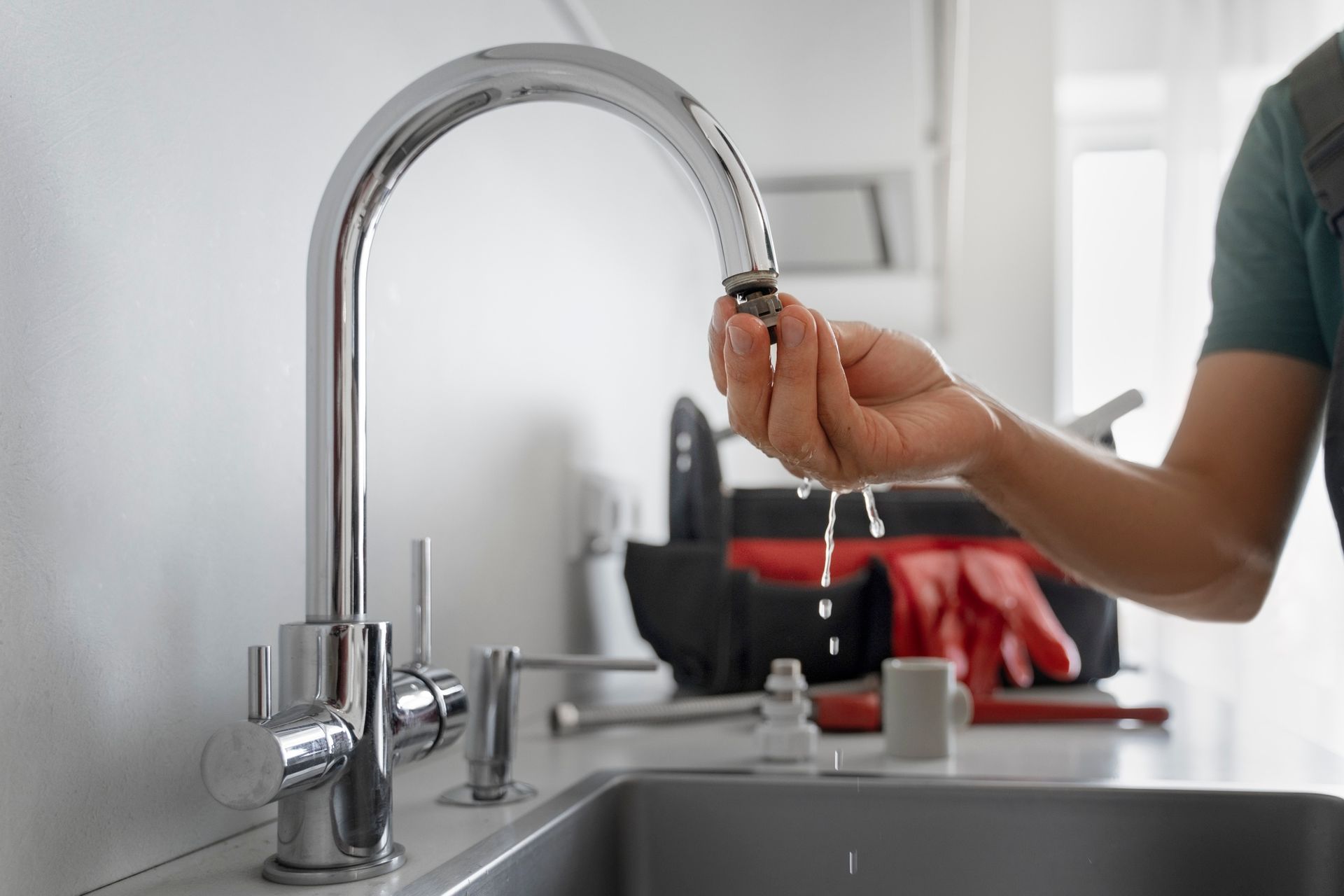
Brooklyn residents often wonder whether their tap water is helping or harming their dental health. One key factor in this debate is
fluoride
, a naturally occurring mineral added to public water supplies to prevent cavities. But does Brooklyn tap water really protect your teeth from decay? In this blog,
we’ll
uncover the truth about fluoride levels in NYC’s water and whether it plays a significant role in cavity prevention.
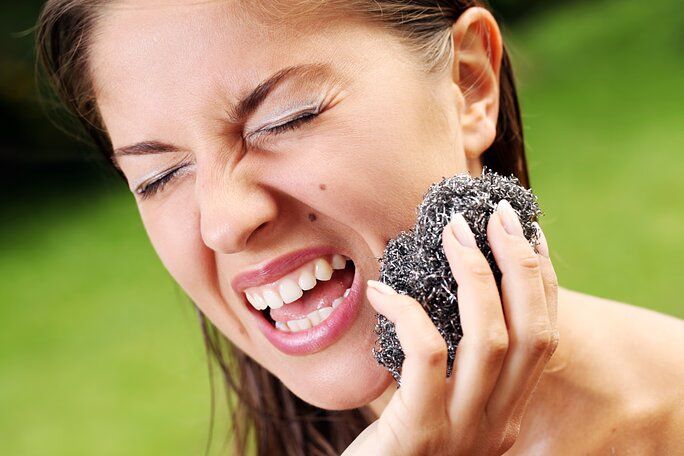
Sudden gum swelling is a dental condition that requires immediate attention, even if there is no pain. Gum health is often overlooked, but it is essential for overall oral well- being. Swollen gums may seem harmless at first, but they often indicate underlying issues that can worsen if left untreated.
Many people think of dental emergencies as situations with severe pain, but it's important to understand that discomfort isn't always a reliable sign of serious problems. Just because there is no pain doesn't mean there is no risk. Sudden gum swelling should be treated as an emergency , emphasizing the need for prompt professional evaluation.
Ignoring swollen gums can lead to more severe complications, affecting both oral health and general wellness. By understanding the seriousness of this condition and
seeking timely intervention, you can prevent further damage and ensure that your gums—and teeth—stay healthy and strong.
A skilled dental team can properly assess and treat any swelling. Prioritize your gum health by taking action when you notice unusual changes, protecting your smile for the future.
It's important to remember that maintaining good oral hygiene, including flossing your teeth regularly , can help prevent conditions like gum swelling. Additionally, if you're interested in improving your smile beyond just addressing gum issues, there are various options available in cosmetic dentistry that you should know about. Finally, if you're looking for ways to achieve a brighter smile, there are effective methods on how to get whiter and brighter teeth at home that you might find helpful.
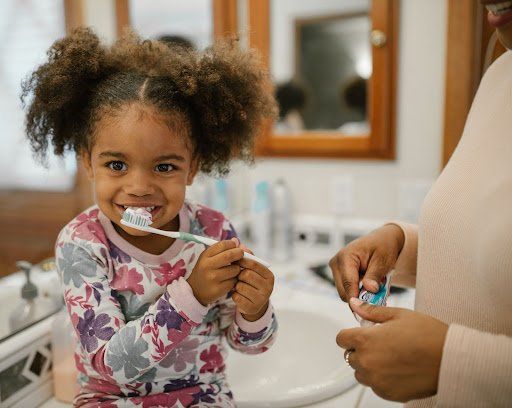
If you thought that oral health problems are only for adults, then think again. The first teeth start appearing by 4 to 5 months of age. Then by the age of 3, kids have a full set of teeth. This is the time when parents have to be extremely careful about oral hygiene.
By the age of 6-7, the primary teeth start to fall out to make space for the permanent teeth. These permanent teeth are the ones that will stay with them for the rest of their lives. However, there are certain oral problems such as tooth decay, lip sucking, and early teeth loss.
Let’s take a look at these common oral health problems.
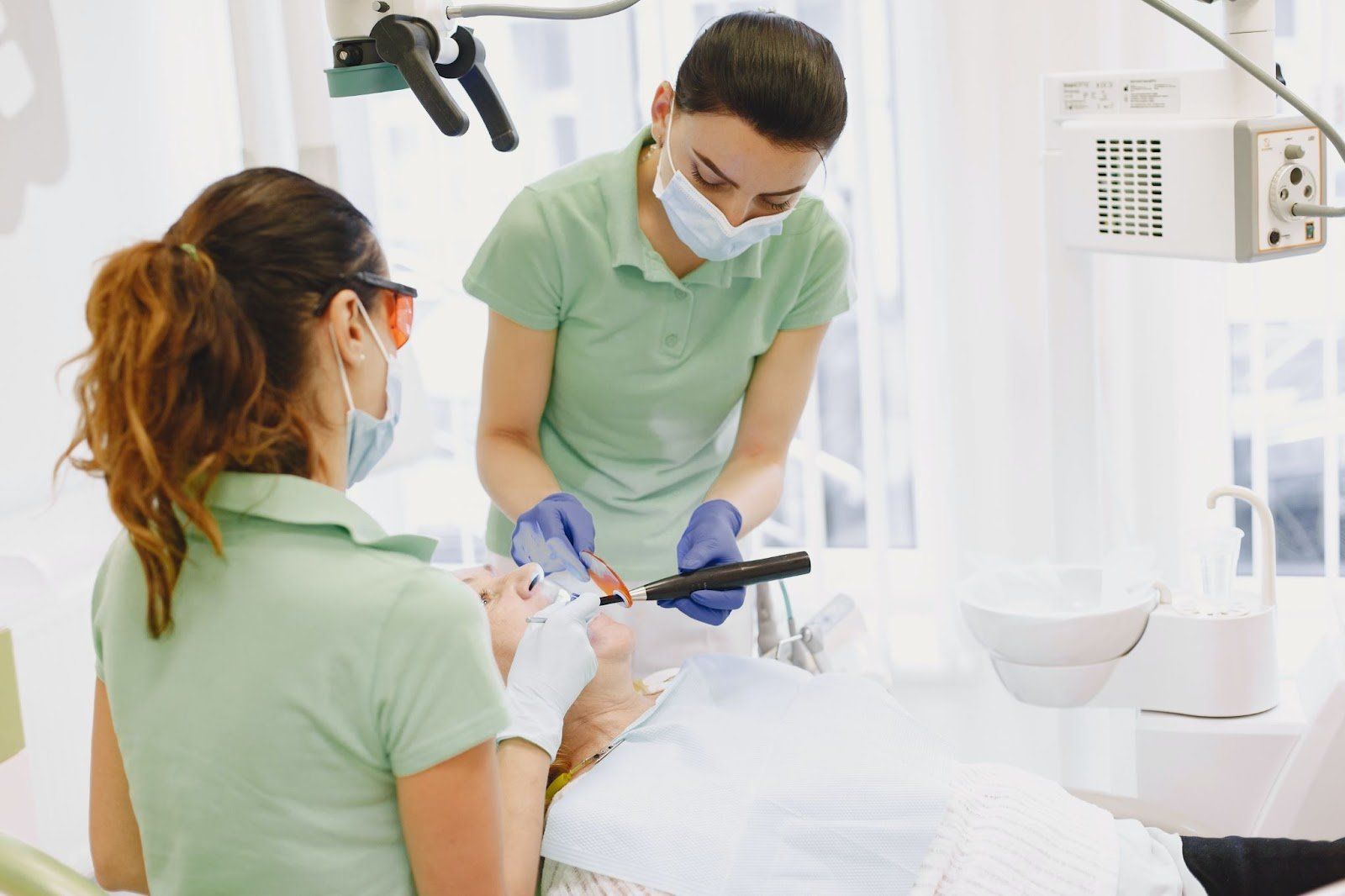
However, if the damage is left untreated, it can lead to irreversible damage. According to the CDC , about 42.7% people by the age of 30 years face some sort of periodontal disease. These diseases increase with age.
Let’s take a further look into the type of disease and how they can be treated.
